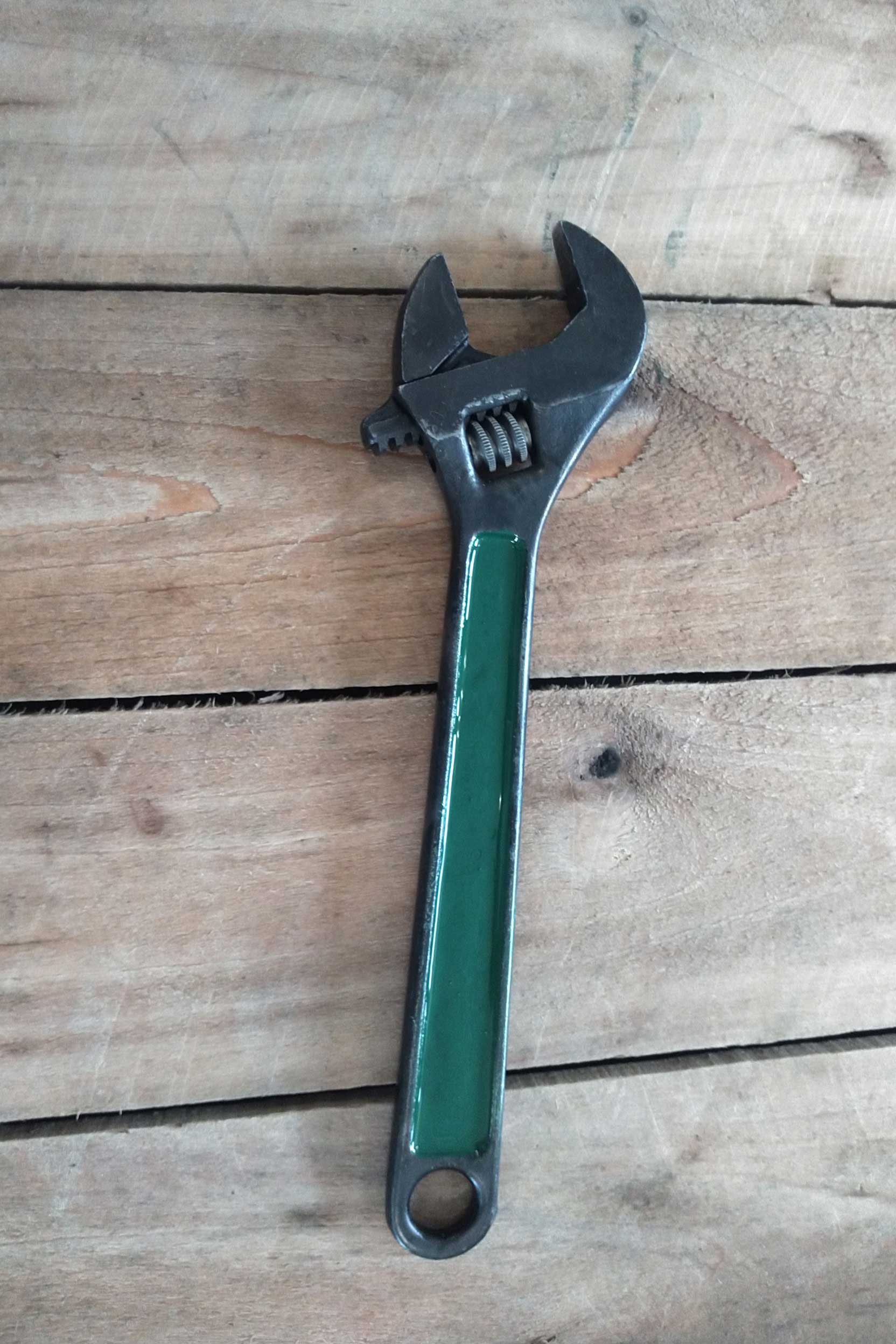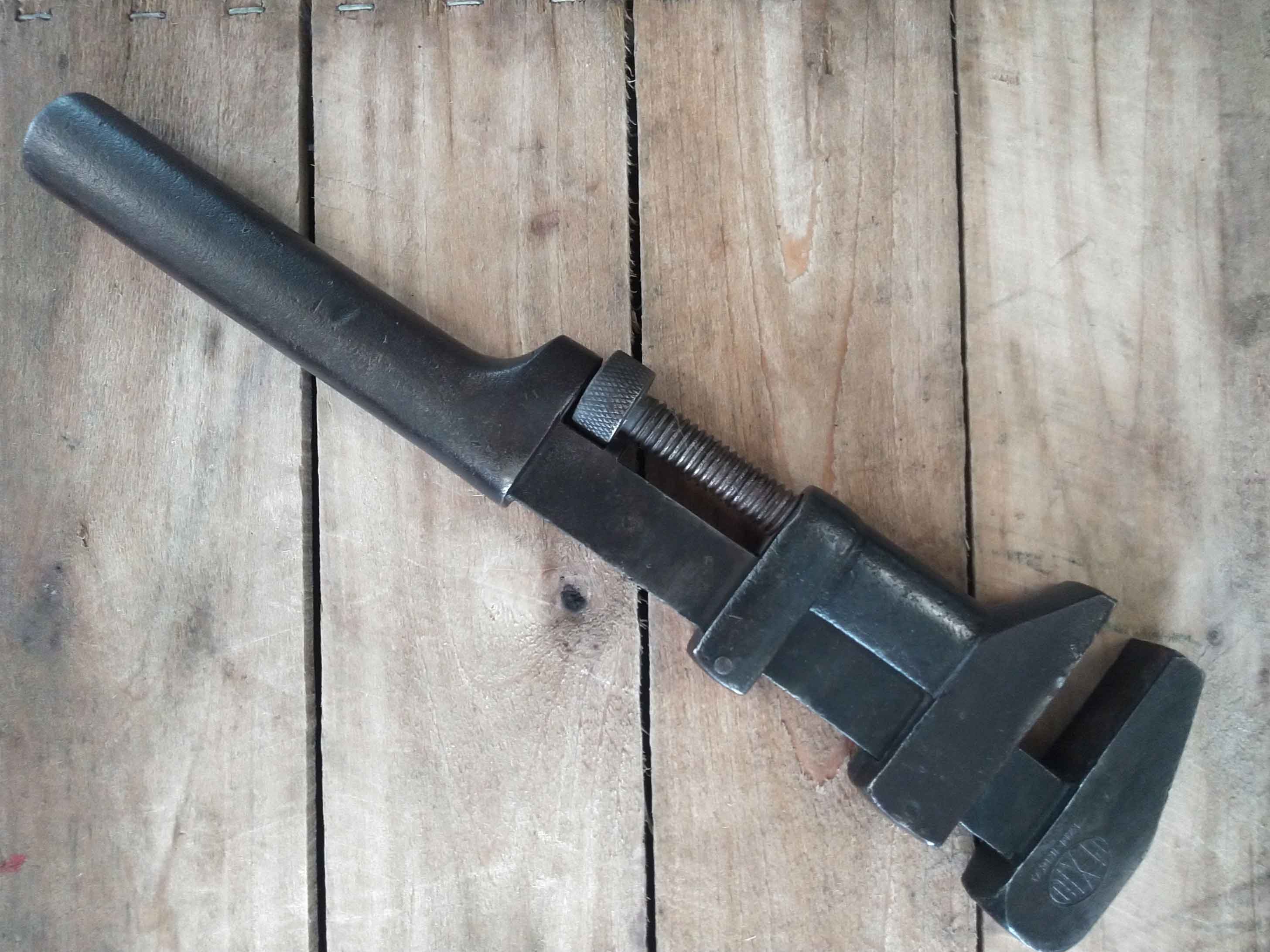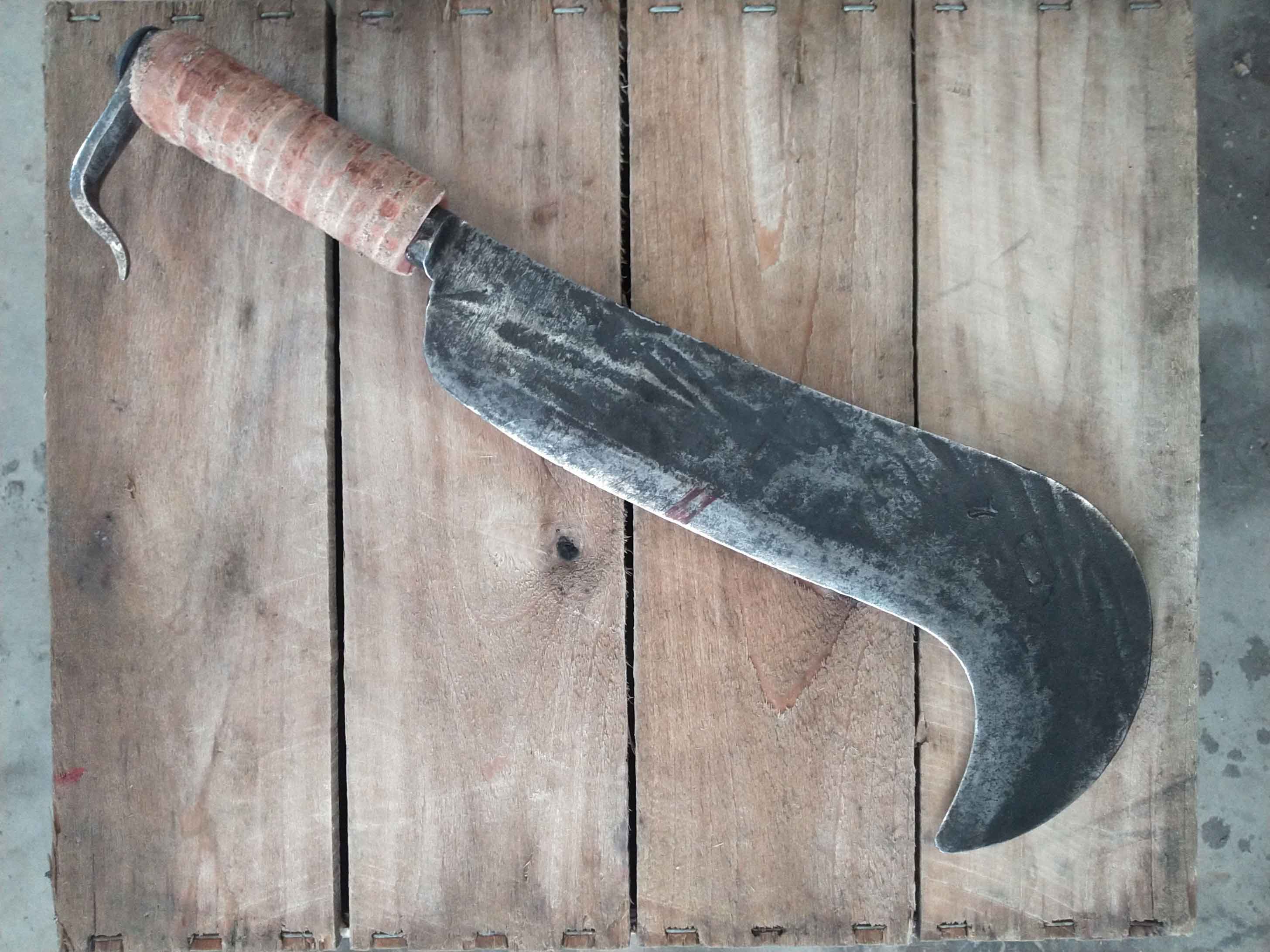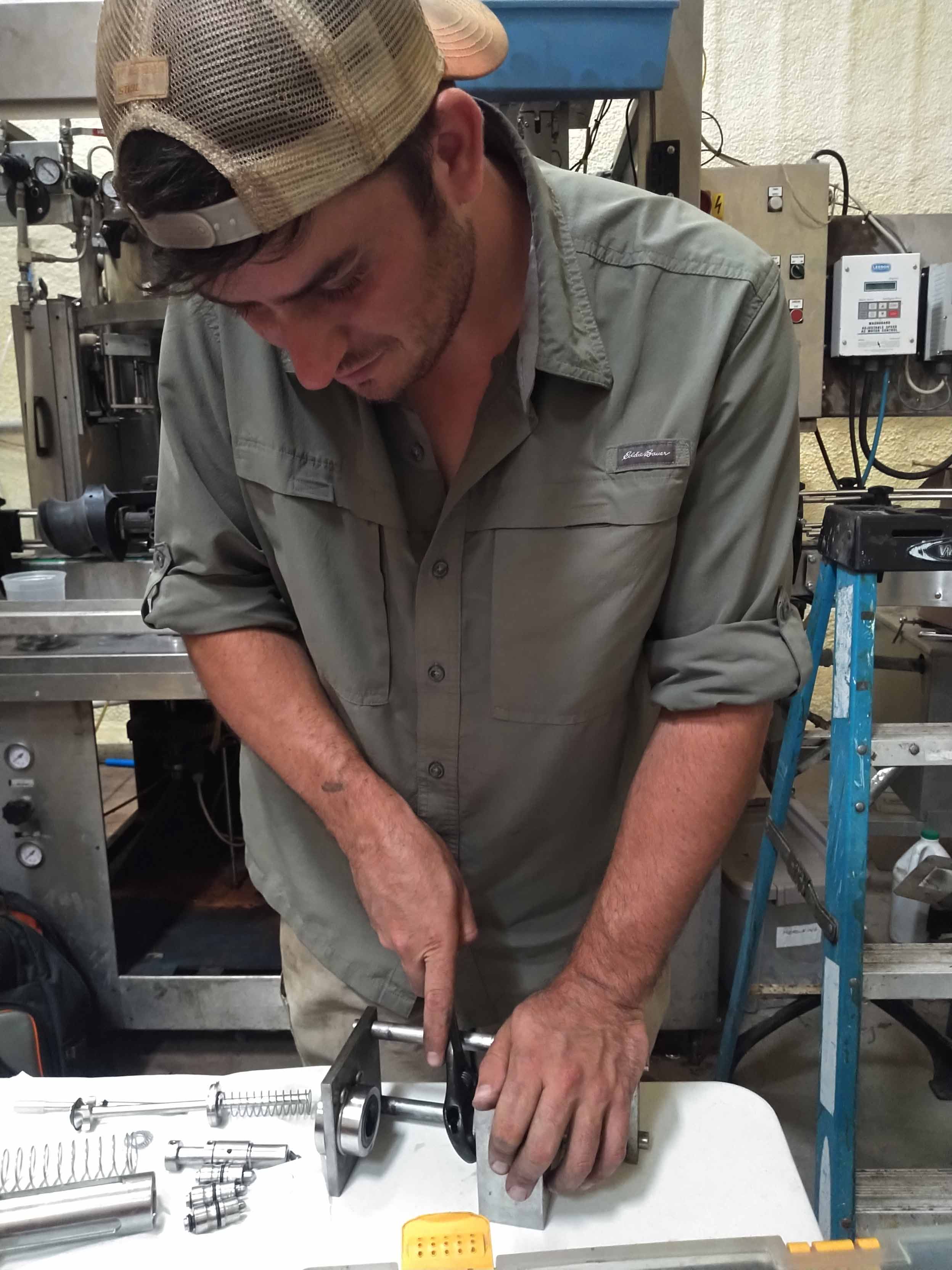
3 Vintage Tools That Help
Keep 110-Year-Old Farm Running
3 Vintage Tools that Help Keep 110-Year-Old Farm Running
By Grainger Editorial Staff 10/2/23
Set foot on a farm and you'll see a fascinating blend of tradition and innovation. While modern technology has helped revolutionize agriculture, certain tools are simply irreplaceable.
As a farm mechanic, builder and maintenance manager at Fishkill Farms in Hopewell Junction, New York, Nicholas Giampietro understands the power of vintage tools.
"My family owned a dairy farm when I was growing up," Nicholas recalled. "My dad worked as a facilities manager, while my grandfather worked for the railroad. With relatives actively involved in farming, I was surrounded by maintenance, engineering and a variety of other tasks."
After studying engineering, Nicholas explored diverse roles such as nursery school teacher, diesel mechanic and plumber. Ultimately, he found farming to be the most fulfilling.
"It allows me to engage in a wide range of tasks without ever feeling bored," he said. "One day, I might be working on a pneumatic air line system, and the next day, I'm tackling a three-phase electric project. There's always something new and exciting, which keeps things interesting."
Rediscovering Timeless Tools
Spanning 270 acres, Fishkill Farms is a family-owned farm with a rich history dating back to 1913. Amid a bustling operation including an orchard, cidery, tractors, construction equipment, trucks and various maintenance needs, Nicholas relies on a few trusty tools that have stood the test of time to help keep the farm running smoothly. Within his vast collection, three vintage tools stand out, each with its own unique story and purpose.
One tool Nicholas always has in his back pocket is a crescent wrench he inherited from his grandfather. While it may not be the oldest tool in his collection, its durability and sentimental value make it one of his favorites compared to other modern wrenches found in hardware stores. Manufactured around the 1940s or 1950s, this crescent wrench keeps its hold without stripping bolts. Unbranded and non-chromed, its grip and durability are unparalleled. "They just don't make wrenches like that anymore. It doesn't slip. It doesn't strip nuts and bolts. It has never gotten bent, and all you need to do is just oil it once in a while," he said.
MORE CLASSIC TOOLS: See how an 1800s-era plow keeps a family farm thriving | Classic saw thrives after 50 years of building | Vintage planer that shaped custom surfboards


Another classic tool in Nicholas' arsenal is a foot-long Pexto square jaw adjustable wrench from the early 1900s. Weighing approximately 10 pounds, it not only serves as a wrench but also doubles as a hammer and pry bar. Nicholas said its robust construction makes it the perfect choice for tasks requiring extra strength, like twisting metal at the forge or breaking off rusted square plow bolts.


One of the most intriguing vintage tools Nicholas uses year-round on the farm is a French-made billhook from 1917. Although he's uncertain of its origin within his family, this hand-forged billhook has become an indispensable tool for various tasks. Similar to a hatchet, a billhook is an agricultural tool for cutting and chopping. Nicholas found the hand-forged, time-tested billhook to be great for brush-clearing during the spring and summer months and an excellent tool for splitting kindling in the fall and winter.
"Between chopping wood and brush cutting, it's become a tool I always know will be there. It's not as unwieldy as an ax, so it's the perfect little hatchet to keep by the stove and crack wood down," he said.


Nicholas used markings he discovered on the billhook to learn more about its origins. "In the First World War, every division of soldiers would have a blacksmith because of the amount of horses they had to shoe during the war. A lot of those blacksmiths would also make tools like the billhook or trench maces to cut up the wattle and daub to line the trench walls," he said.
Honoring Tradition
Despite the advancements in modern technology, Nicholas appreciates the special role classic tools play on the farm. While he recognizes the incredible capabilities and precision of tools like wireless wire tracers, oscilloscopes and GPS-grade control systems, Nicholas prefers using his vintage adjustable crescent wrench since it reminds him of working alongside his grandfather growing up.


"Technology is incredible and can give one man the power to do the work of 10 and the precision to do it expertly, but every now and again, you find a standard simple tool that was just made a bit better in the days long gone," he said.
The information contained in this article is intended for general information purposes only and is based on information available as of the initial date of publication. No representation is made that the information or references are complete or remain current. This article is not a substitute for review of current applicable government regulations, industry standards, or other standards specific to your business and/or activities and should not be construed as legal advice or opinion. Readers with specific questions should refer to the applicable standards or consult with an attorney.






